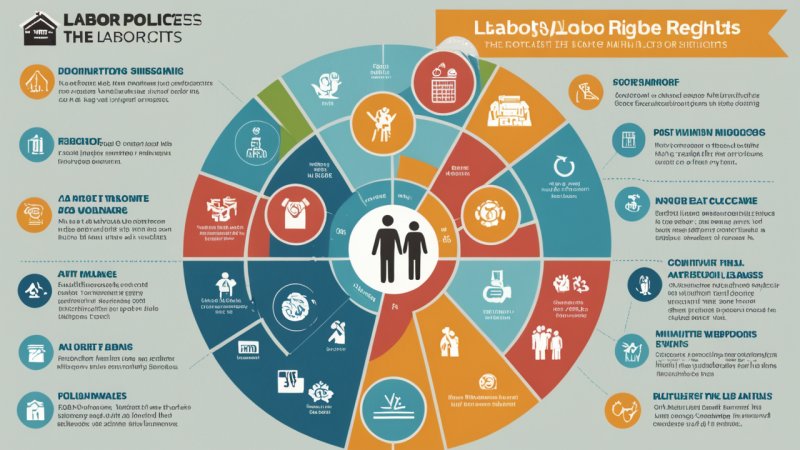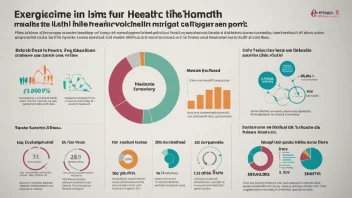Introduction
Labor policies play a crucial role in defining the rights and protections afforded to workers across various industries. These policies not only influence working conditions but also impact the overall economic landscape. In this article, we will explore the top five labor policies that significantly affect worker rights, providing insights into their implications and importance.
1. Minimum Wage Laws
Minimum wage laws establish the lowest hourly wage that employers can pay their workers. This policy aims to ensure a basic standard of living for employees and reduce poverty levels.
- Impact on Income Inequality: By raising the minimum wage, these laws can help narrow the income gap between low-wage and high-wage earners.
- Effects on Employment: While some argue that increasing the minimum wage may lead to job losses, studies have shown mixed results, with many regions experiencing job growth post-implementation.
2. Occupational Safety and Health Regulations
Occupational safety and health regulations are designed to protect workers from workplace hazards. These policies require employers to maintain safe working environments and provide necessary training.
- Reduction in Workplace Injuries: Stringent safety regulations have been linked to a significant decrease in workplace accidents and fatalities.
- Employee Well-Being: A safe working environment contributes to overall employee morale and productivity, fostering a healthier workforce.
3. Family and Medical Leave Policies
Family and medical leave policies allow employees to take time off for family-related issues without fear of losing their jobs. This includes maternity, paternity, and medical leave.
- Work-Life Balance: These policies promote a better work-life balance, enabling employees to manage personal responsibilities alongside their professional duties.
- Retention Rates: Companies that offer generous leave policies often see higher retention rates, reducing turnover costs and maintaining a stable workforce.
4. Anti-Discrimination Laws
Anti-discrimination laws prohibit unfair treatment of employees based on race, gender, age, disability, and other characteristics. These laws are essential for promoting equality in the workplace.
- Promotion of Diversity: By enforcing anti-discrimination policies, organizations can foster a more diverse and inclusive workforce.
- Legal Protections: Employees are given legal recourse if they experience discrimination, which encourages a fairer workplace culture.
5. Collective Bargaining Rights
Collective bargaining rights allow workers to negotiate their wages, benefits, and working conditions as a group through unions. This policy empowers employees and enhances their negotiating power.
- Improved Benefits: Workers represented by unions typically enjoy better wages and benefits compared to non-unionized workers.
- Stronger Voice: Collective bargaining provides employees with a stronger platform to voice their concerns and negotiate effectively with employers.
Conclusion
Understanding the impact of labor policies on worker rights is essential for fostering a fair and equitable workplace. The five policies discussed—minimum wage laws, occupational safety and health regulations, family and medical leave policies, anti-discrimination laws, and collective bargaining rights—play pivotal roles in shaping the rights and protections of workers. By advocating for these policies, we can contribute to a more just and supportive working environment for all.






